In the present Nigeria today, the price of construction materials, especially cement, can also impact building projects and influence the price of house rent. The ability to understand the current pricing of cement is very essential for individuals and businesses involved in construction activities. Many Nigerians are now asking; how much for a bag of cement in nigeria, In this article, I will explore the major factors that influences the price of cement in our Nigeria today and provide insights into the current market rates.
The Major Factors That Influences Cement Prices
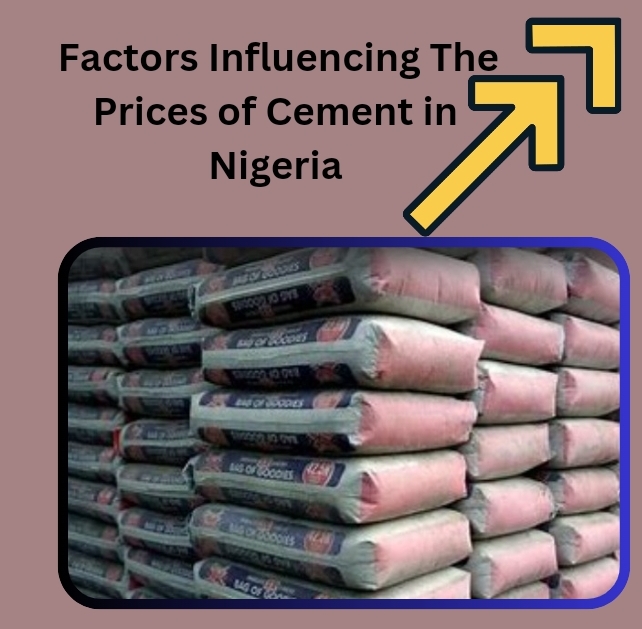
Supply and Demand
The relationship between supply and demand serves as a pivotal role in determining the actual price of cement in Nigeria. There could be some fluctuations in demand due to season or changes in construction activities can also affect prices.
You can also read: How Much is Tomato Rice 25kg?
The Cost Of Production
The cost of producing cement in Nigeria, including the raw materials, energy expenses, and the labor costs, some how directly influences its market price. The factors are as follows : Inflation, current currency fluctuations . This factors can heavily affect production costs
Policies and Regulations
Policies, like taxes, tariffs, and as well regulations on the cement industry, can also influence the price dynamics. But changes in taxation or import and export policies may as well lead to fluctuations in cement prices.
High Cost Of Transportation and Logistics
Transporting cement from manufacturing company to distribution centers and construction sites across the country also affects its final retail price. Factors such as fuel prices, road conditions, and transportation infrastructure negatively impact logistics costs.
Manufacturers Competition
The incessant competition among cement manufacturers in Nigeria can also influence price. The market dynamics, brand dignity, and as well product differentiation plays a crucial role in determining competitive price.
Understanding The Cement Grades and Types
Different Grades of Cement
In Nigeria, cement is classified into distinct grades based on its strength and composition. Familiarizing oneself with the characteristics of each grade aids consumers in selecting the most appropriate option for their building endeavors.
The Ordinary Portland Cement (OPC)
OPC stands as the predominant cement type in Nigeria, valued for its versatility and wide-ranging applicability in construction projects.
The Portland Limestone Cement (PLC)
PLC represents a variant of OPC, integrating limestone into its formulation, thereby offering enhanced durability and sustainability advantages.
The Portland Pozzolana Cement (PPC)
PPC comprises pozzolanic components like fly ash or volcanic ash, elevating its strength and fortifying it against chemical degradation.
Different Types of Cement
Beyond differing grades, cement manifests in diverse types tailored to specific construction needs.
The Bulk Cements
Bulk cement is conveyed and stocked in large volumes, primarily utilized for extensive construction undertakings like bridges and highways.
The Bagged Cement
Bagged cements are packaged in smaller quantities, facilitating their use in smaller construction projects or do-it-yourself endeavors.
Current Cement Market Rates in Nigeria
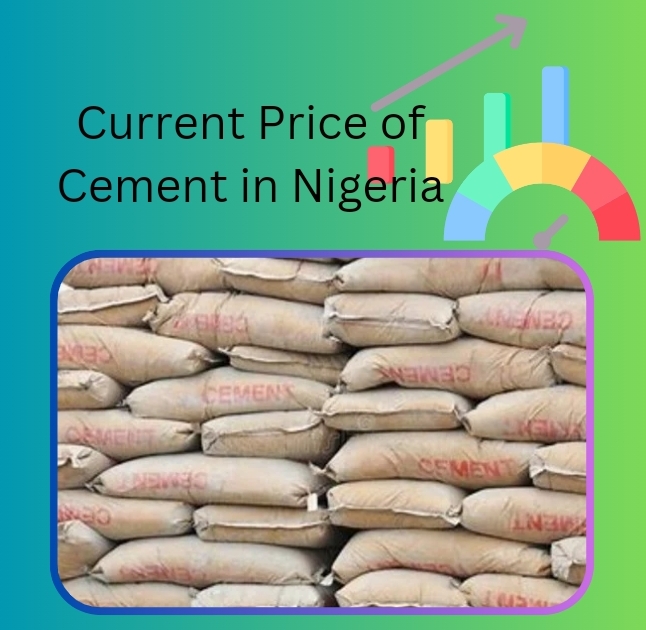
Prices Range in Different Brands.
The price of a 50kg bag of cement in Nigeria varies based on the brand, geographical location, and prevailing market conditions. Prices may fluctuate regionally due to transportation expenses and local demand dynamics.
the Average Retail Prices
As of April 2024, the average retail price for a 50kg bag of cement in Nigeria ranges from ₦10,000 to ₦13,000 across different brands and locations.
Factors That Influences Prices .
Variations in cement prices can be attributed to factors such as brand recognition, quality standards, and distribution channels. Established brands might command higher prices owing to perceived reliability and product quality.
Comparison of Cement Prices Across Brands As Of Today
- Dangote: sales ₦11,500-12,000
- Bua: sales ₦10,000-11,000
- Ibeto: sales ₦10,000-11,500
- Unicem: sales ₦11,000-12,500
- Lafarge: sales ₦12,500-13,000
Cost Optimization Strategies
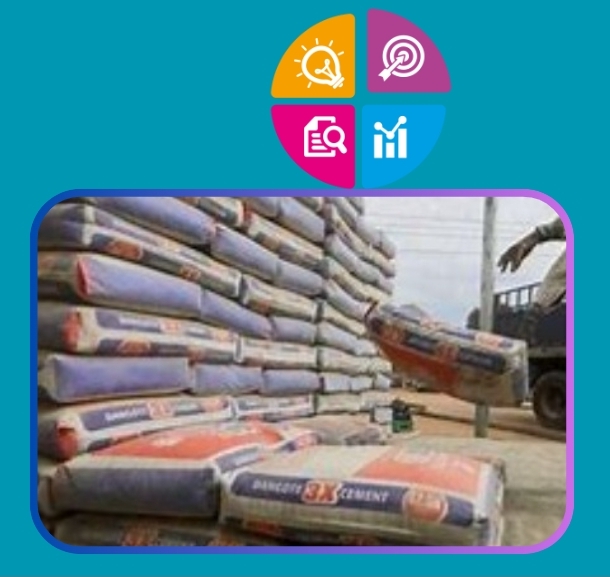
Bulk Procurement
Procuring cement in bulk quantities can result in significant cost savings for large-scale construction projects. By capitalizing on economies of scale and negotiating advantageous terms and prices with suppliers, substantial financial benefits can be achieved. However, challenges may arise if there’s a sudden price increase after an agreement has been reached and payment has been made by the buyer. Such situations can strain the supplier’s ability to adhere to the initial agreement, potentially leading to losses in the business.
Exploring Substitutes
Considering alternative construction materials or methodologies can reduce dependency on cement and help mitigate the impact of price fluctuations.
Streamlined Logistics
Efficient management of transportation and logistics plays a crucial role in minimizing the overhead costs associated with procuring and distributing cement. By optimizing these processes, overall expenses can be reduced, contributing to cost-effectiveness in construction projects.
Conclusion
how much for a bag of cement in nigeria; Regarding this Info Nigeria today, the prices of cement are being influenced by different factors including the supply and demand dynamics, the production costs, bad government policies, incessant competition among manufacturers, and as well transportation logistics. Being able to understand these factors and exploring cost optimization strategies is very important for individuals and businesses engaged in construction activities.
Frequently Asked Questions
- Why do cement prices vary across brands and locations? Cement prices vary due to factors such as brand reputation, production costs, transportation expenses, and regional demand.
- Are there any government regulations impacting cement prices in Nigeria? Government policies, including taxes, tariffs, and regulations, can influence cement prices by affecting production costs and distribution channels.
- How can consumers ensure the quality of cement while optimizing costs? Consumers can prioritize reputable brands, conduct quality checks, and explore alternative construction materials or techniques to ensure quality while managing costs effectively.
- What are the implications of fluctuations in cement prices on construction projects? Fluctuations in cement prices can impact project budgets and timelines, necessitating proactive cost management and contingency planning.
- How can individuals and businesses stay updated on current cement prices in Nigeria? Monitoring market trends, engaging with reliable suppliers, and leveraging industry networks can help stakeholders stay informed about current cement prices and market dynamics.
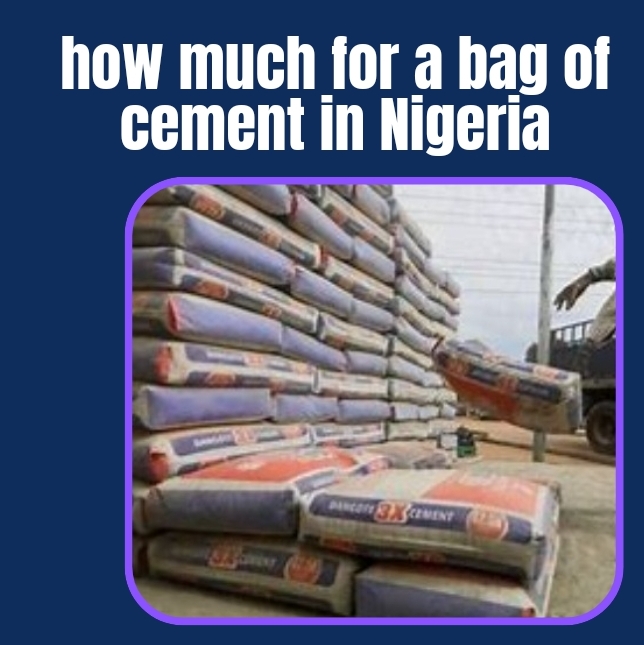

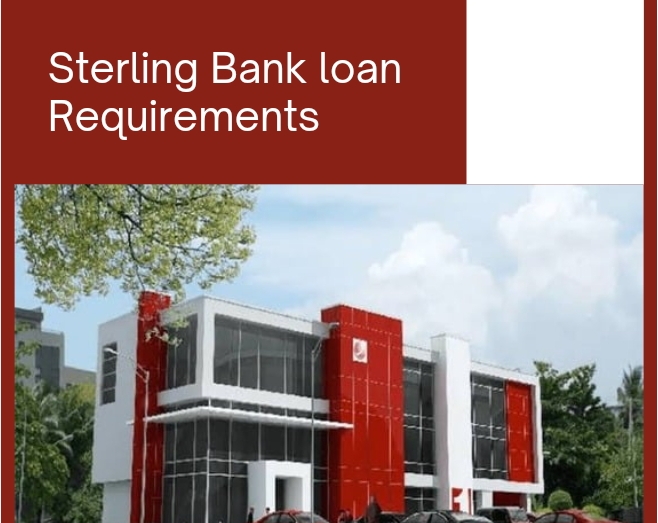


2 comments
It is high time the government of this nation Been the process of diversifying Nigeria economy. The hardship is coming too much on average citizens.
Nice one